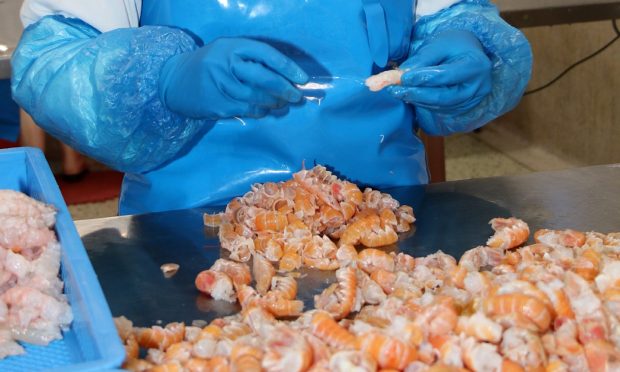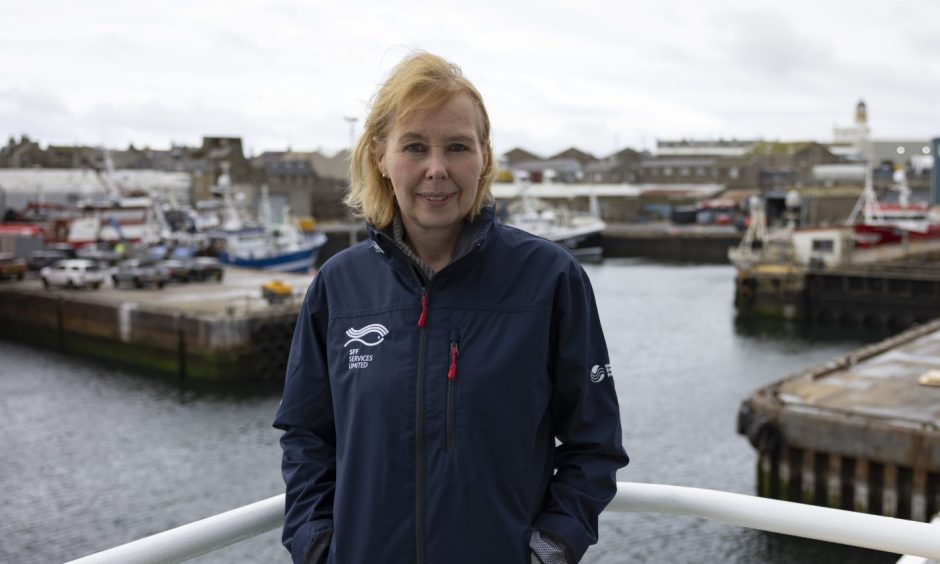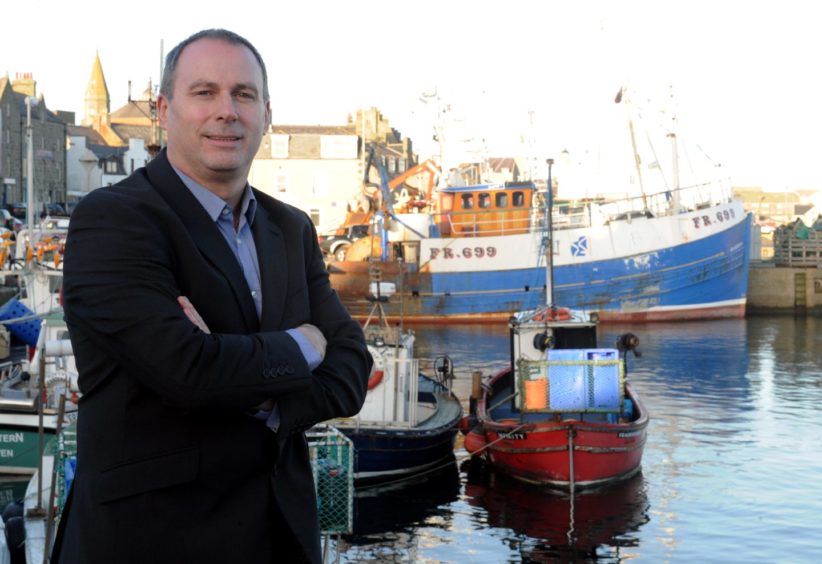The new Labour Government has been urged to quickly rethink official immigration policy to help the north-east seafood sector out of a crisis.
Brexit and Covid have robbed the industry of essential migrant workers. In the past, these people made up much of the workforce – more than 75% at some north-east seafood processing sites.
Britain’s exit from the European Union and the free movement of labour across borders suddenly put a very large barrier in the way of recruitment.
Gone and not coming back
And then the pandemic hit, with many of the migrant workers who had kept the industry ticking over nicely in the past deciding to quit the UK, go home and not return.
Now, in a letter to new UK Government ministers and officials, one of the north-east’s key economic sectors is seeking help.
Severe labour shortages are thwarting the industry’s growth, the letter states.
Who’s behind the letter exactly?
It is signed by Scottish Fishermen’s Federation chief executive Elspeth Macdonald, Scottish White Fish Producers’ Association CEO Mike Park, Scottish Seafood Association chairman Andrew Brown, Seafood Scotland CEO Donna Fordyce and Aberdeenshire Councillor Ann Bell, who chairs the North East Scotland Fisheries Development Partnership.
The letter is addressed to new Fisheries Minister Daniel Zeichner, Business Minister Douglas Alexander, Scottish Secretary Ian Murray and Colin Faulkner, the deputy director for external fisheries negotiations and trade policy at the Department for Environment, Food and Rural Affairs (Defra).
It says: “We write to express our deep concerns regarding the ongoing labour shortages which are impacting various sectors within our fishing and processing industries here in Aberdeenshire and beyond.
Lack of workers ‘straining’ our seafood businesses, letter says
“The adverse effects of these shortages on businesses, employees and the broader community are being witnessed first-hand by almost everyone involved in the sector.
“The current labour shortage is multifaceted, stemming from the difficulties of recruiting foreign nationals, an ageing home workforce, insufficient training programmes and the subsequent aftermath of the Covid-19 pandemic.
“These shortages are not only straining businesses but also leading to decreased productivity, increased operational costs, a decline in service quality and, ultimately, an increase in overall produce costs which must be borne by our end consumers.”
This is all impacting the competitiveness of Scottish seafood in the global market, the letter says.
It adds: “Pre-Covid and pre-Brexit, Scotland was increasingly reliant on an Eastern European workforce, with 52% of the workforce… being from these countries, rising to 78% in the north-east.
“We do not have the population to fulfil these industry jobs – which needs to be recognised.”
The adverse effects of these shortages on businesses, employees and the broader community are being witnessed first-hand by almost everyone involved in the sector.”
The letter makes some recommendations.
It calls for a simpler immigration process for skilled workers to help bridge a growing gap between job vacancies and available talent. This approach should include accelerated processing times and targeted recruitment initiatives, the missive says.
Creating a new, joint UK Government and Scottish Government forum to tackle the issue will help to “effectively incorporate the needs and requirements of rural and key economic sector industries”, it adds.
Will new government step in to help?
Other suggestions include better vocational training and educational programmes, affordable childcare, and “flexible but workable” job arrangements.
These measures and also new business subsidies will help to “increase the labour pool from within our communities”, the letter says.
It goes on: “By taking these steps, the government can help play a crucial role in mitigating labour shortages and fostering a more resilient and dynamic workforce.”
Defra was asked for comment. The reply came from the Home Office, where a spokeswoman said: “We are just issuing background and not a statement on this occasion.”
Two brief bullet points of “background” highlighted the government’s commitment to “firmly” backing the fishing industry and keeping visa routes under “consistent” review.
Meanwhile, Buckie-based Conservative MSP Tim Eagle has said the most recent Scottish Government figures for jobs in the catch sector highlight its economic importance. A total of 3,793 people worked in sea fisheries in 2023. This is 575 fewer than 2014, when the total stood at 4,368.
Mr Eagle said: “These figures underline the importance of protecting our fishing sector and coastal communities which depend on the industry.”





Conversation